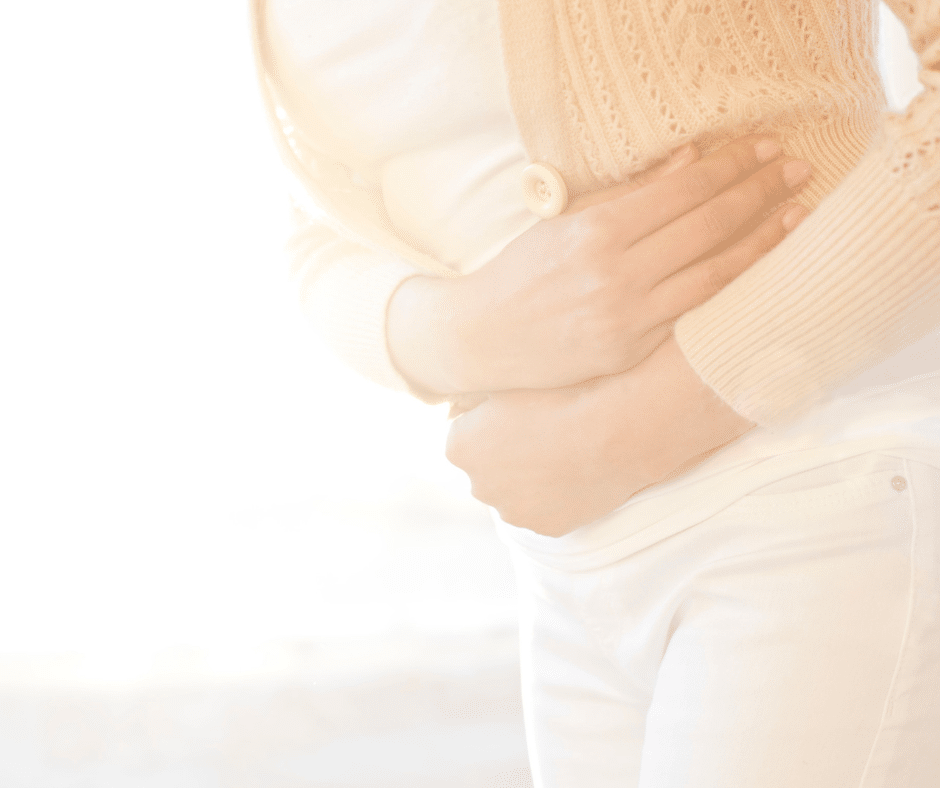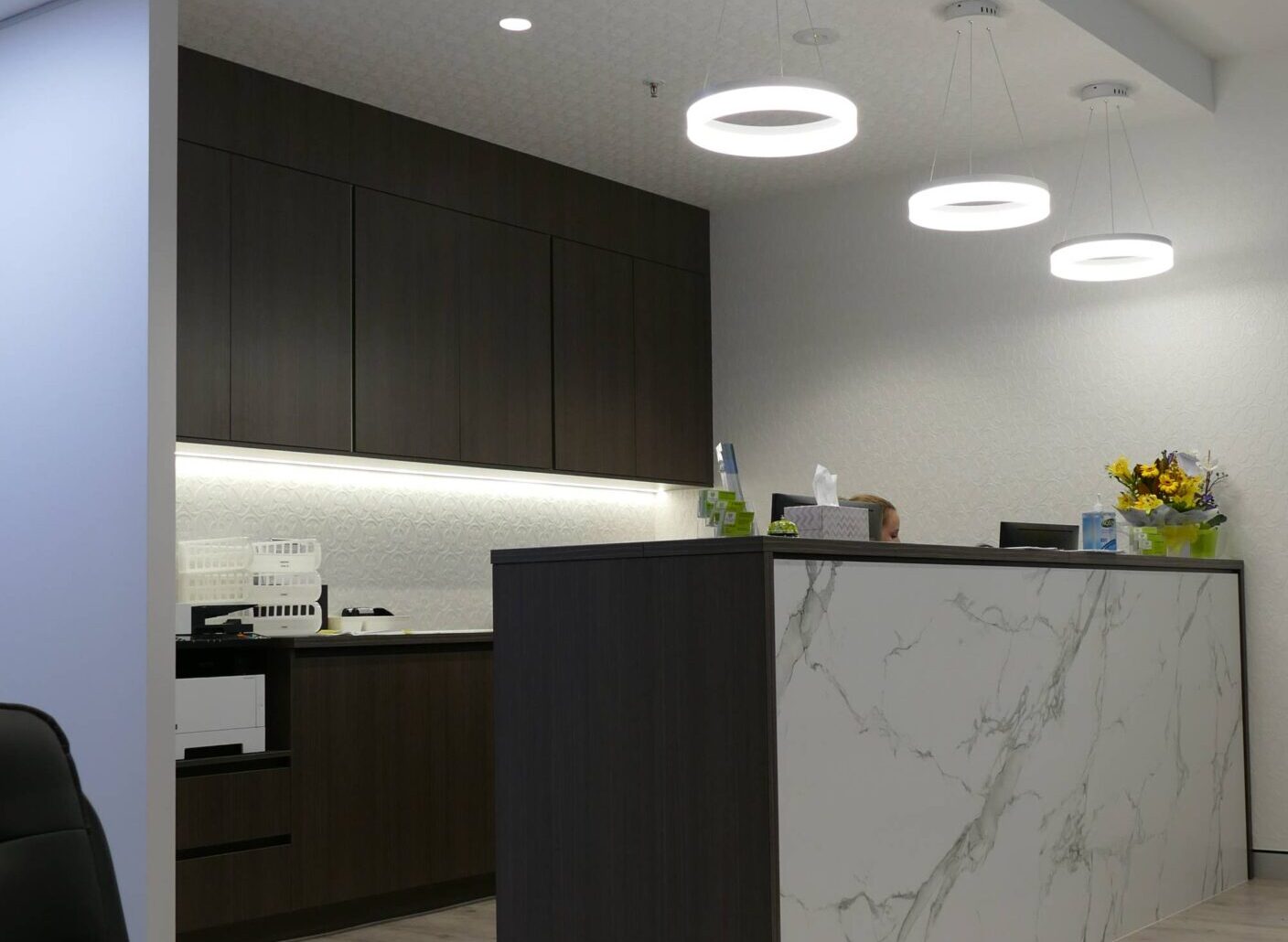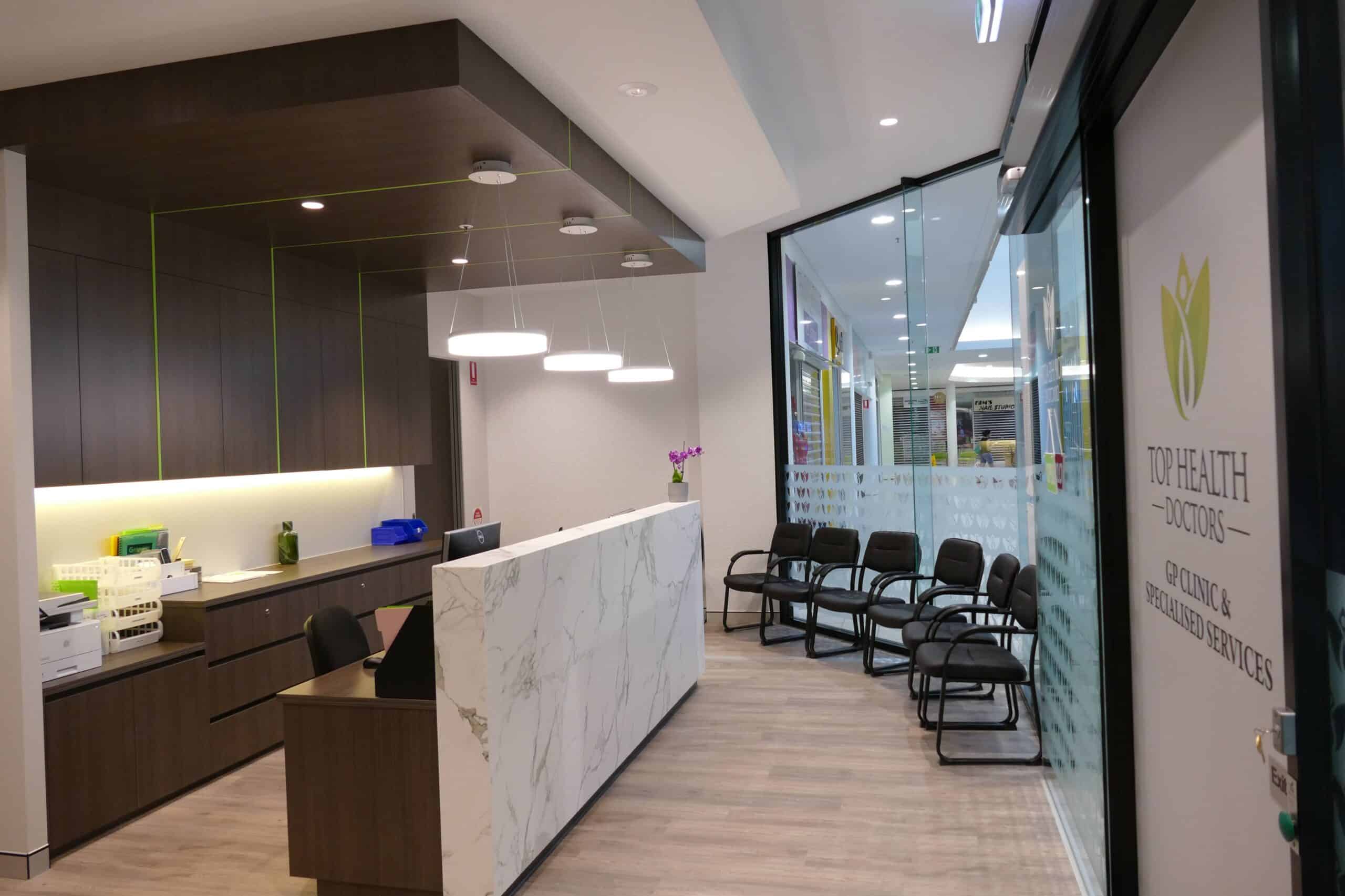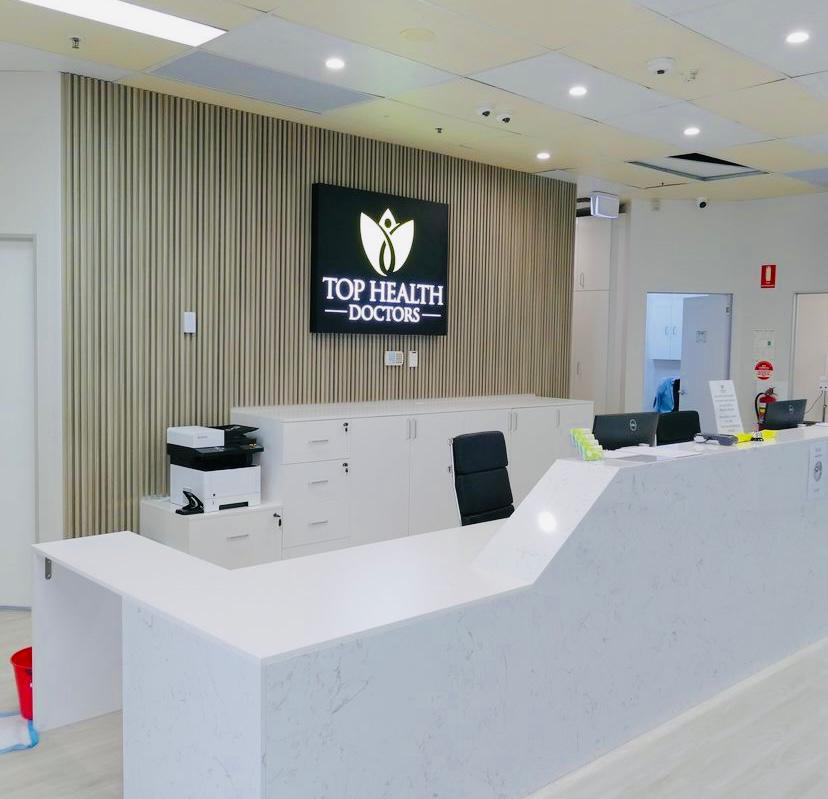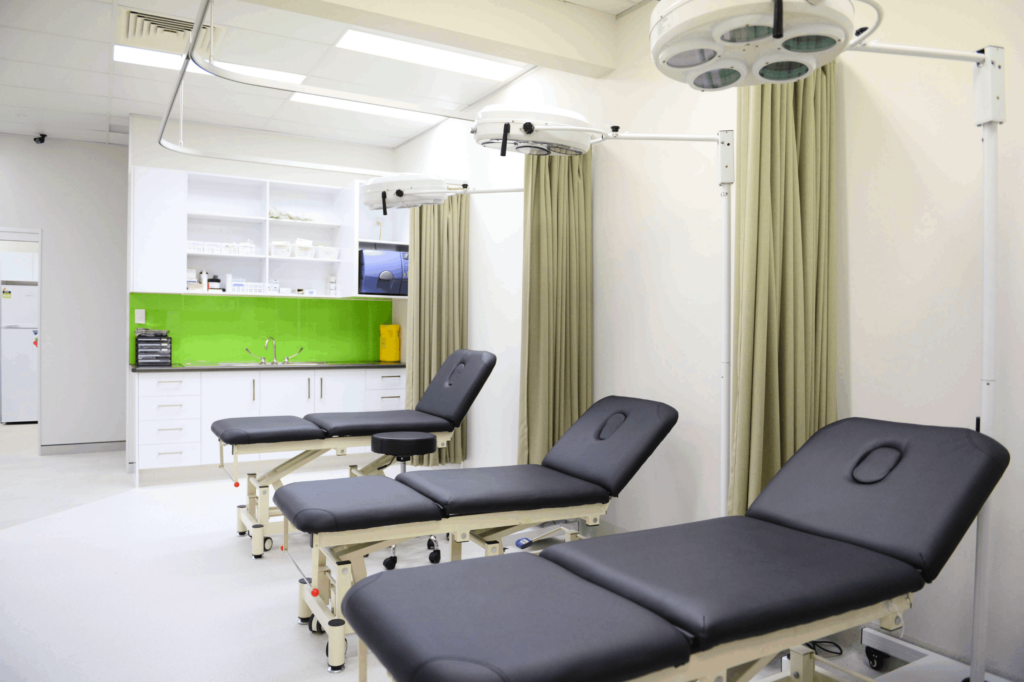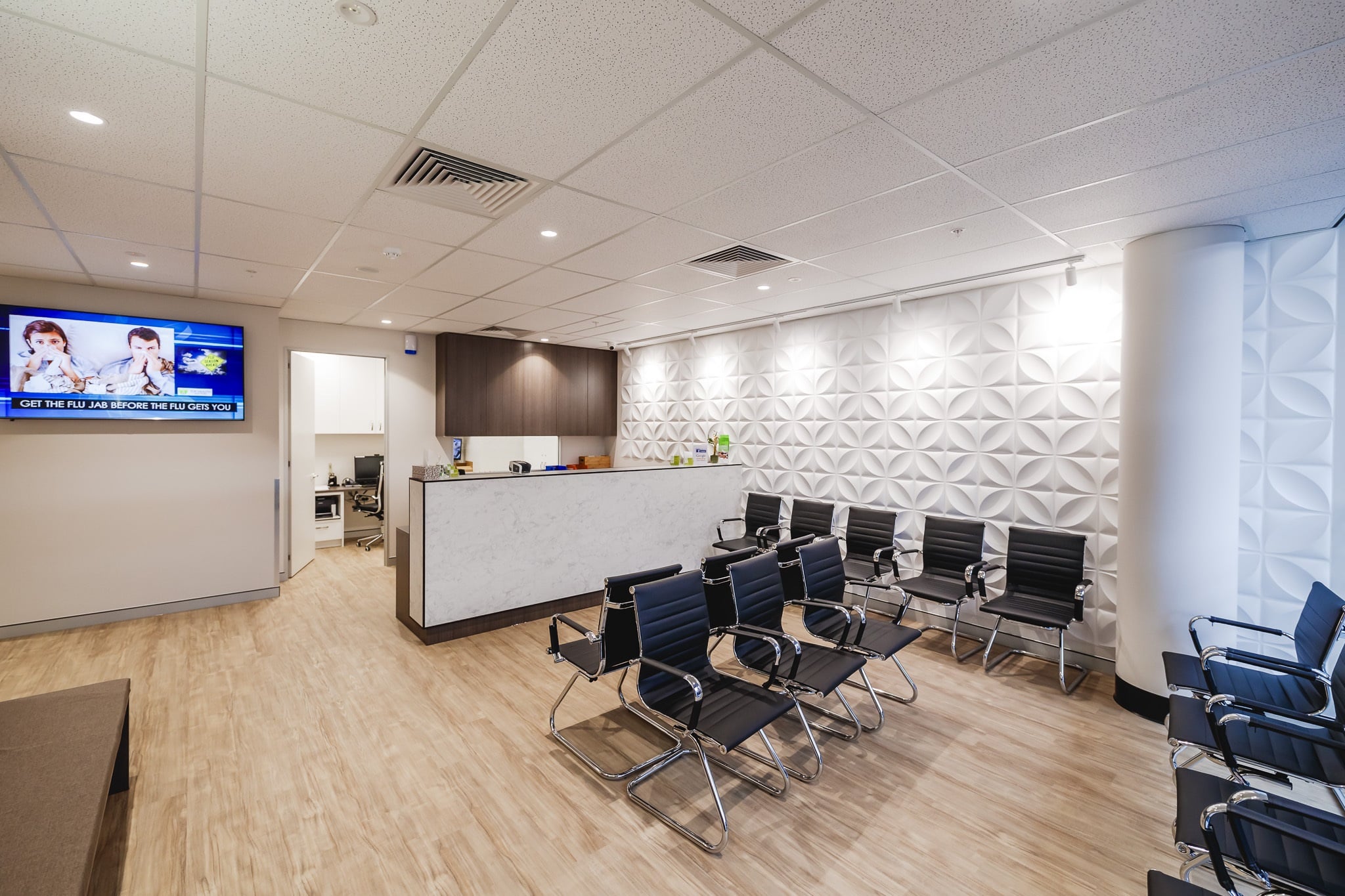Understanding Diverticulitis: Symptoms and how Lifestyle Changes can make a real difference
Diverticulitis is a common condition that affects the digestive system, particularly the colon. While it can cause discomfort and inconvenience, understanding the symptoms and making certain lifestyle changes can greatly improve its management
Diverticulitis: Symptoms and Causes
Diverticulitis occurs when small, bulging pouches (diverticula) in the lining of the colon become inflamed or infected. While some people with diverticula never experience any symptoms, others may suffer from various discomforts. Common symptoms of diverticulitis include:
Abdominal Pain: The most prevalent symptom is sudden and severe abdominal pain, usually on the left side. This pain might be persistent and worsen with movement or touch.
Fever and Chills: Infections associated with diverticulitis can lead to fever and chills.
Change in Bowel Habits: Some individuals may experience changes in bowel habits, such as diarrhea or constipation.
Nausea and Vomiting: Nausea and vomiting might occur due to the inflammation affecting the digestive system.
Bloating and Gas: Discomfort from excess gas and bloating could be present.
Lifestyle Changes for Better Management
Managing diverticulitis often involves adopting certain lifestyle changes to reduce inflammation, prevent flare-ups, and improve overall well-being. However, you should always consult a healthcare professional before making significant changes to your lifestyle.
Here are some lifestyle adjustments that can be beneficial:
High-Fiber Diet: Consuming a diet rich in fiber can promote regular bowel movements and reduce the risk of diverticula becoming inflamed. Include whole grains, fruits, vegetables, and legumes in your meals.
Hydration: Drinking plenty of water helps maintain proper digestion and can prevent constipation, a common trigger for diverticulitis.
Exercise: Regular physical activity can aid digestion, promote healthy bowel movements, and contribute to weight management.
Avoiding Certain Foods: Some foods, such as seeds, nuts, and popcorn, were once believed to contribute to diverticulitis flare-ups. However, recent research suggests that these restrictions may not be necessary for everyone. Individual tolerance varies, so it’s best to discuss with your healthcare provider.
Stress Management: Chronic stress can impact digestion and potentially worsen diverticulitis symptoms. Practicing stress-reduction techniques like meditation, yoga, or deep breathing can be helpful.
Medication and Treatment: Depending on the severity of your condition, your doctor might prescribe antibiotics, pain relievers, or other medications to manage symptoms and prevent complications.
Here are a couple of sources that may offer valuable insights on diverticulitis:
Diverticulitis might be a challenging condition, but with the right information and lifestyle changes, it can be effectively managed. By being aware of the symptoms, making appropriate dietary adjustments, staying hydrated, exercising regularly, and seeking guidance from healthcare professionals, individuals with diverticulitis can lead healthier lives.
